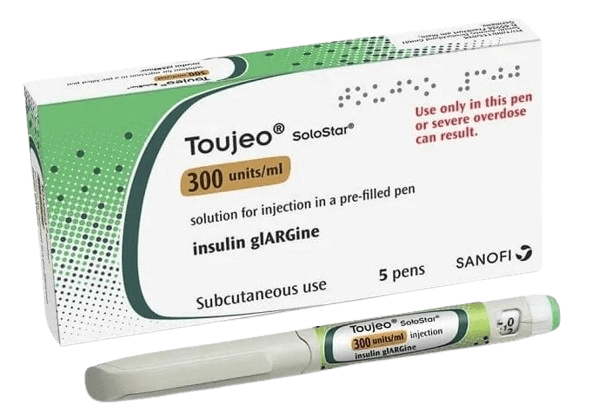
Go Red for Women Heart Health
In 2004, the American Heart Association (AHA) recognized a critical issue: cardiovascular diseases were claiming the lives of countless women in the United States each year, but the problem was largely unnoticed by the public.












